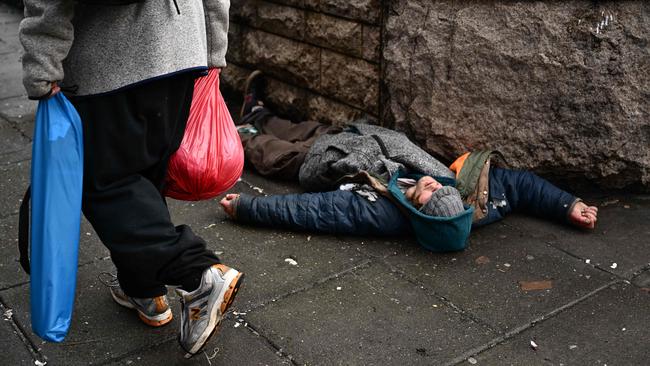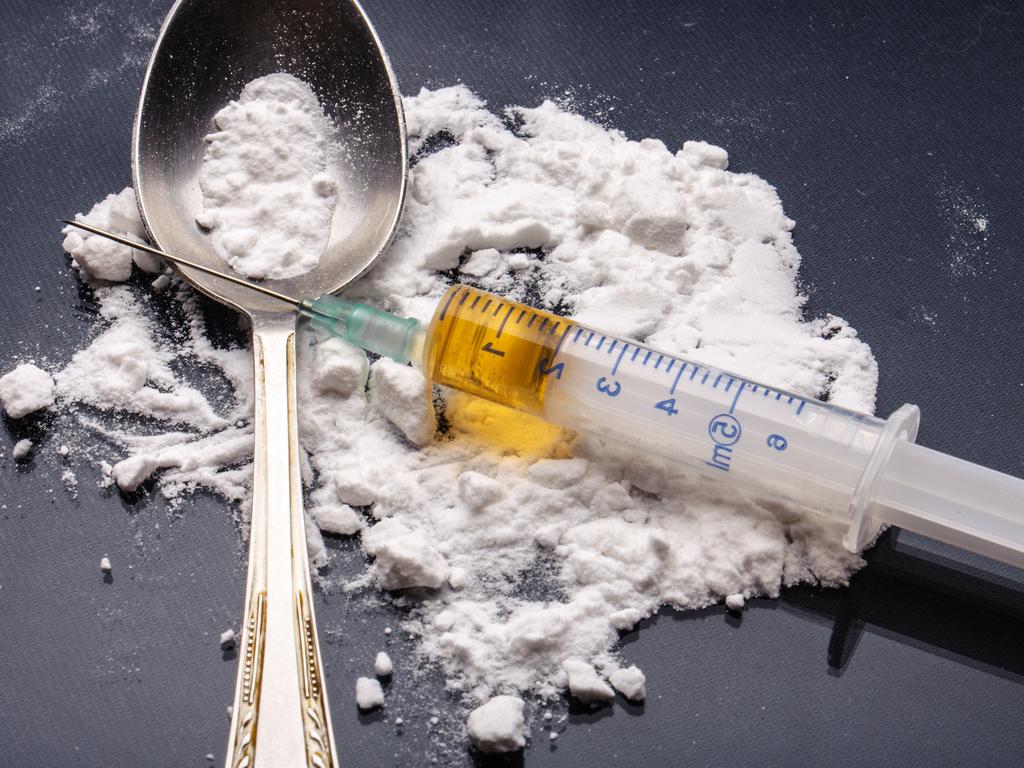
The idea originated in a 1932 Supreme Court judgment by Justice Louis Brandeis, who wrote that “a single courageous state may, if its citizens choose, serve as a laboratory; and try novel social and economic experiments without risk to the rest of the country”.
This notion has often suited the causes of both conservatives and progressives, so it gets a pretty regular airing. It is writ large as I travel the United States again, to examine the very different approaches states such as California and Texas are taking to producing electricity. More on that in time.
It is both a blessing and a curse that the divisions between Republican and Democrat states here are much starker than between Labor and Liberal at home. The curse is that congress routinely threatens government shutdowns, and critical reforms to programs such as Social Security don’t get done.
One of the blessings is that very different solutions are applied to the same problem and you can measure the worth of an idea in real time against what other, similar, states are doing.
This journey has also underlined the wisdom of another American dictum, first attributed to president Woodrow Wilson: “Not all change is progress.” That is proving true on both economic experiments with electricity and the many social experiments.
Take crime.
Three years ago Oregon voted to decriminalise drug possession for personal use. This week, the state ended the experiment, repealing the law after a surge in public drug use and fatal overdoses.
The sentiment behind the original idea seemed noble and the people supported it. Oregon pioneered direct democracy so, if enough voters back a cause, they can force a ballot to change the law. The same is true in California.
In Oregon the proposed law change was called Measure 110 and it passed by 58 per cent to 42 per cent in November 2020. What the people voted for was to cut the penalty for carrying small amounts of drugs – including cocaine, methamphetamine, oxycodone and heroin – to the equivalent of a speeding fine.
Meanwhile, California was conducting its own ballot-initiated crime experiment, on petty theft. It began when Proposition 47 became law in 2014. The San Diego Public Defender’s office says Proposition 47 “changed the law so that some low-level, non-violent felonies can only be charged as misdemeanours for most people”.
Those former felonies include, “burglary of a commercial establishment during regular business hours with intent to commit theft”.
It is interesting to note that the Democratic doyen, the late Senator Dianne Feinstein, argued against this proposition, warning that “wholesale reclassification of many dangerous felonies as misdemeanours would put the people of California at continued risk going forward”.
But 60 per cent of Californians ignored the risk and voted it into law.
What concerned Feinstein, and should have troubled those in the Oregon democracy laboratory, was what is known as “unintended consequences”.
For when these noble ideas hit the atmosphere of the real world they became pieces of public policy performance art, apparently designed to prove another old adage that the road to hell is paved with good intentions.
Politico takes up the Oregon story.
“Drug overdose deaths spiked almost 50 per cent … when possession of drugs for personal use was decriminalised … according to the latest data available from the Centres for Disease Control and Prevention,” it reports. “Opioids, particularly fentanyl, caused most of the deaths, according to the Oregon Health Authority.
“The number of homeless people in Portland, the state’s largest city, also rose to nearly 6300 in 2023, a 65 per cent hike since 2015.”
The New York Times tells the tale of California.
“Deodorant, shampoo and underwear are all under lock and key in many stores in California,” the Times reported. “Retail clerks are often told to ignore shoplifters, after a handful of store employees who confronted thieves were assaulted or killed.
“Video clips of smash-and-grab crews snatching armloads of merchandise have gone viral.
“Californians of all political stripes have become fed up with the problems plaguing supermarkets and retail stores, not to mention car break-ins and open-air drug use.
“Some top Democrats, including Mayor London Breed of San Francisco, have joined conservatives in denouncing a cascade of smaller crimes that have contributed to a sense of lawlessness in major cities.”
In November Californians will vote on repealing Proposition 47, and it appears the populace has had a change of heart, as the many crimes now don’t seem so petty.
A Berkeley University Institute of Government Studies poll finds that “by a greater than two-to-one margin, 56 per cent to 23 per cent, California voters are initially lining up in support of Proposition 36, a statewide initiative to stiffen criminal penalties for repeat theft and fentanyl offences, that will appear on the November general election ballot”.
The poll shows a solid majority favour tougher laws across every political persuasion and every demographic of age, gender and race. So, in the eyes of the people, this experiment in California’s democracy laboratory has delivered Frankenstein’s monster.
It is not as if the problems in Oregon and California emerged overnight, so you would expect that any jurisdiction considering anything remotely similar would look closely at their experience before trudging along the same path.
But that kind of logic does not account for the imagination of the social engineers in the Australian Capital Territory. Abject failure in the real world is no barrier to persisting with bad ideas in this progressive Pandora’s Lab.
So it came to pass that the territory’s changes to the Drugs of Dependence Act became law late last year. The ACT government website says: “If you are found with small quantities of drugs you may be diverted to a health education and information session, or pay a $100 fine.”

Neither did Oregon but people know an empty threat when they see one.
The list of drugs that now attract a, possible, small fine in Canberra includes carrying up to 1.5 grams of amphetamine, methylamphetamine (“ice” or “meth”) and cocaine.
The US Justice Department’s guide to methylamphetamine notes it can produce “episodes of violent behaviour”, but you don’t really need to read it because you can ask anyone who works as a police officer or a paramedic about their experiences with those who take it.
What could possibly go wrong?
Let’s make a list. There will be more overdoses. There will be more violence. There will be more crime. Those who work in policing and ambulance and emergency services will face greater risks. People will be drawn to the territory for drug tourism. Those who make a living out of this miserable trade, such as outlaw motorcycle gangs, will find Canberra a more appealing place to set up shop.
It’s interesting to note that NSW Premier Chris Minns has declared NSW will not be following the ACT’s lead. Perhaps he knows of another, much older, saying: To err is human but to persist in the error is diabolical.







The Americans see their 50 states as laboratories of democracy.